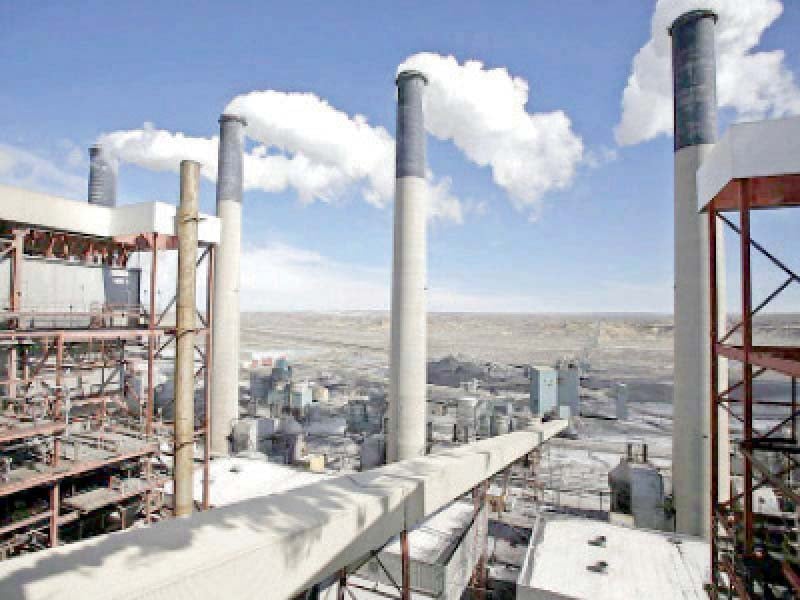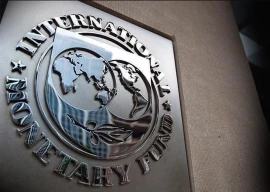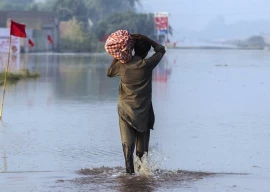
Experts have agreed that alongside the rest of the world, Pakistan has entered the fifth industrial revolution due to technologically enabled developments.
At a dialogue titled “Industry 5.0 – Digitally Enabled Enterprise” on Thursday, Systems Limited Chief Operating Officer Asif Akram highlighted that the world had witnessed five revolutions to date.
Elaborating, he mentioned that the first stage was the steam engine while the second was based on mass production and electricity.
The third stage was inclined towards automation and computers, the fourth introduced higher connectivity and the fifth was about man and machines, he added.
“The biggest example of the fifth revolution in Pakistan is that at present we have around 80 million mobile broadband subscribers and the e-commerce industry is gearing up for a robust position,” Akram said.
On the occasion, DHB Global Founder, Alaunius Technologies CEO and MIT Technology Review Global Panel Member Douglas Corley underlined that there were three important pillars to consider from the technological, human and future perspective.
“First is the role of government,” he said, giving examples of western countries where a very strong push for technology regulation came from the leadership.
“The next pillar is geopolitics, where the question is how exactly are we going to make sure we understand how things are operating and what is coming next,” he said.
The final and most important pillar was rebuilding trust, Corley mentioned.
“We should start thinking about how to make a governance system that is reliable, how to use technology that gives us transparency and builds trust, and how we make sure that economics is fair for all,” he emphasised.
Read CCOE to discuss refinery policy
He was of the view that the leadership was crucial for making sure that “people are actually at the centre of products”.
From emergency to infrastructure
Corley shared that Pakistan was closely observing digital passports, particularly in the case of Covid-19.
“Workplace digitisation is happening around the world,” he said. “Digital infrastructure is built to enable businesses and governance and to allow us to function normally as a society.”
“Often what happens is that when you have an emergency, infrastructure that is built does not go away, it just gets repurposed,” said Corley.
The purpose of this was to make sure that governments utilise the already available technology in the best possible way.
Talking about metaverse and augmented reality, he said: “Elon Musk and his company Neuralink are aiming to implant microchips in brains by this year.”
Another company was mulling to insert microchips into hands, which would work like QR codes to make payments, etc, he said. Synthetic and genetic biology was being used to design new drugs to make food safer, he underlined.
“The idea of taking computer simulations and using that from 10,000 compounds to identify one key compound was not something we believed in as a medical community,” he said.
Published in The Express Tribune, January 14th, 2022.
Like Business on Facebook, follow @TribuneBiz on Twitter to stay informed and join in the conversation.




1725967717-0/Untitled-design-(3)1725967717-0-165x106.webp)













COMMENTS (4)
Comments are moderated and generally will be posted if they are on-topic and not abusive.
For more information, please see our Comments FAQ